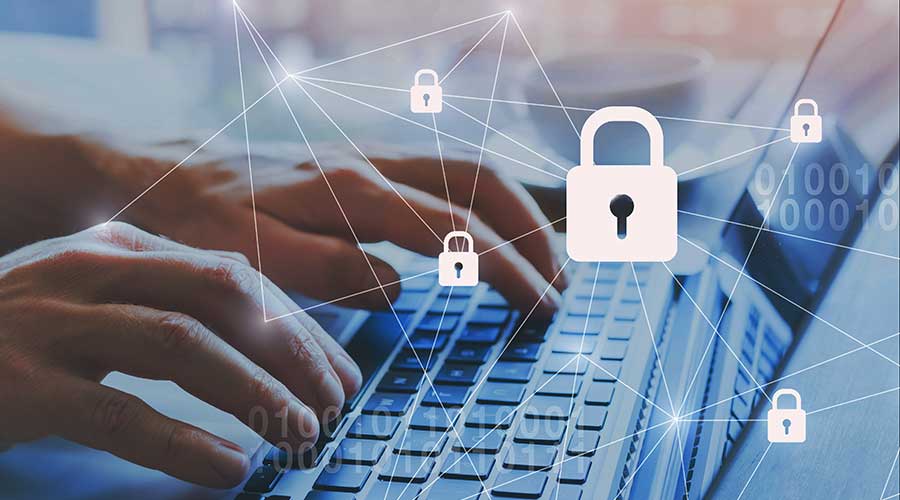The FBI, Cybersecurity and Infrastructure Security Agency (CISA) and department of Health and Human Services (HHS) are warning healthcare facilities of the Daixin Team, a cybercrime group that has been targeting the healthcare sector with ransomware and data extortion operations.
The Daixin team reportedly has been targeting healthcare systems since at least June 2022. The team has caused ransomware incidents at multiple organizations and has deployed ransomware to encrypt servers, exfiltrated personal identifiable information and patient health information, and it has threatened to release the information if a ransom is not paid.
The Daixin Team reportedly took responsibility for a ransomware attack on a Missouri hospital system in June. The Daixin Team also attacked OakBend Medical Center on Sept. 1, collecting 3.5GB of data, including over 1 million records with patient and employee information, The Hacker News reports.
The FBI, CISA and HHS urged healthcare organizations to implement the following measures to protect against Daixin and other malicious activity:
- Install updates for operating systems, software, and firmware as soon as they are released. Prioritize patching virtual private network (VPN) servers, remote access software, virtual machine software and known exploited vulnerabilities. Consider leveraging a centralized patch management system to automate and expedite the process.
- Implement and enforce multi-layer network segmentation with the most critical communications and data resting on the most secure and reliable layer.
- Limit access to data by deploying public key infrastructure and digital certificates to authenticate connections with the network, Internet of Things (IoT) medical devices and the electronic health record system, as well as to ensure data packages are not manipulated while in transit from man-in-the-middle attacks.
- Use standard user accounts on internal systems instead of administrative accounts, which allow for overarching administrative system privileges and do not ensure least privilege.
- Protect stored data by masking the permanent account number when it is displayed and rendering it unreadable when it is stored through cryptography, for example.
- Secure the collection, storage and processing practices for PII and PHI, per regulations such as the Health Insurance Portability and Accountability Act of 1996 (HIPAA). Implementing HIPAA security measures can prevent the introduction of malware on the system.
- Use monitoring tools to observe whether IoT devices are behaving erratically due to a compromise.
- Create and regularly review internal policies that regulate the collection, storage, access, and monitoring of PII/PHI.
Mackenna Moralez is the associate editor of the facilities market.

 Assisted Living Facility Violated Safety Standards: OSHA
Assisted Living Facility Violated Safety Standards: OSHA McCarthy Completes Construction of Citizens Health Hospital in Kansas
McCarthy Completes Construction of Citizens Health Hospital in Kansas California Tower at UC Davis Health Topped Out
California Tower at UC Davis Health Topped Out What 'Light' Daily Cleaning of Patient Rooms Misses
What 'Light' Daily Cleaning of Patient Rooms Misses Sprinkler Compliance: Navigating Code Mandates, Renovation Triggers and Patient Safety
Sprinkler Compliance: Navigating Code Mandates, Renovation Triggers and Patient Safety